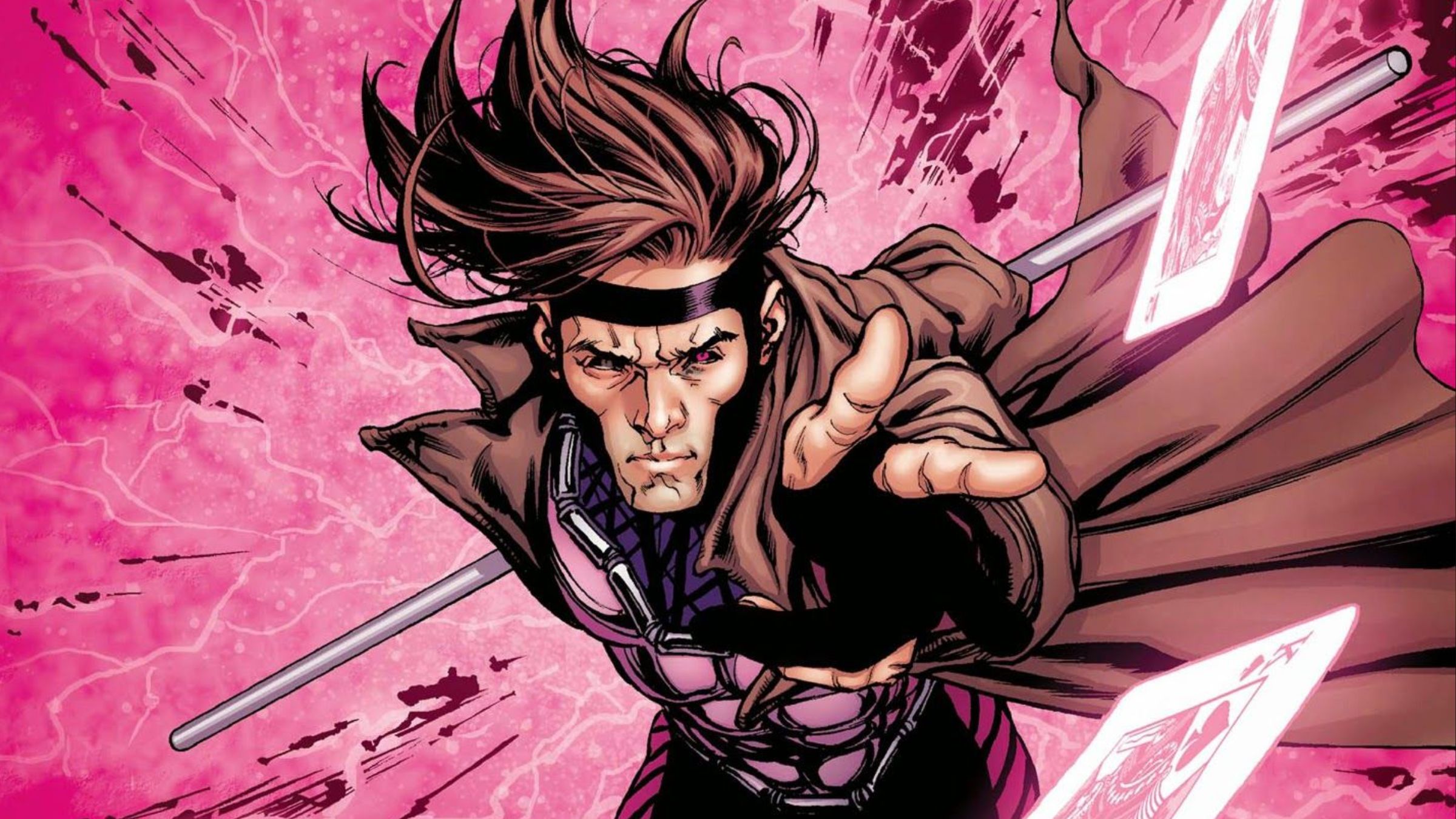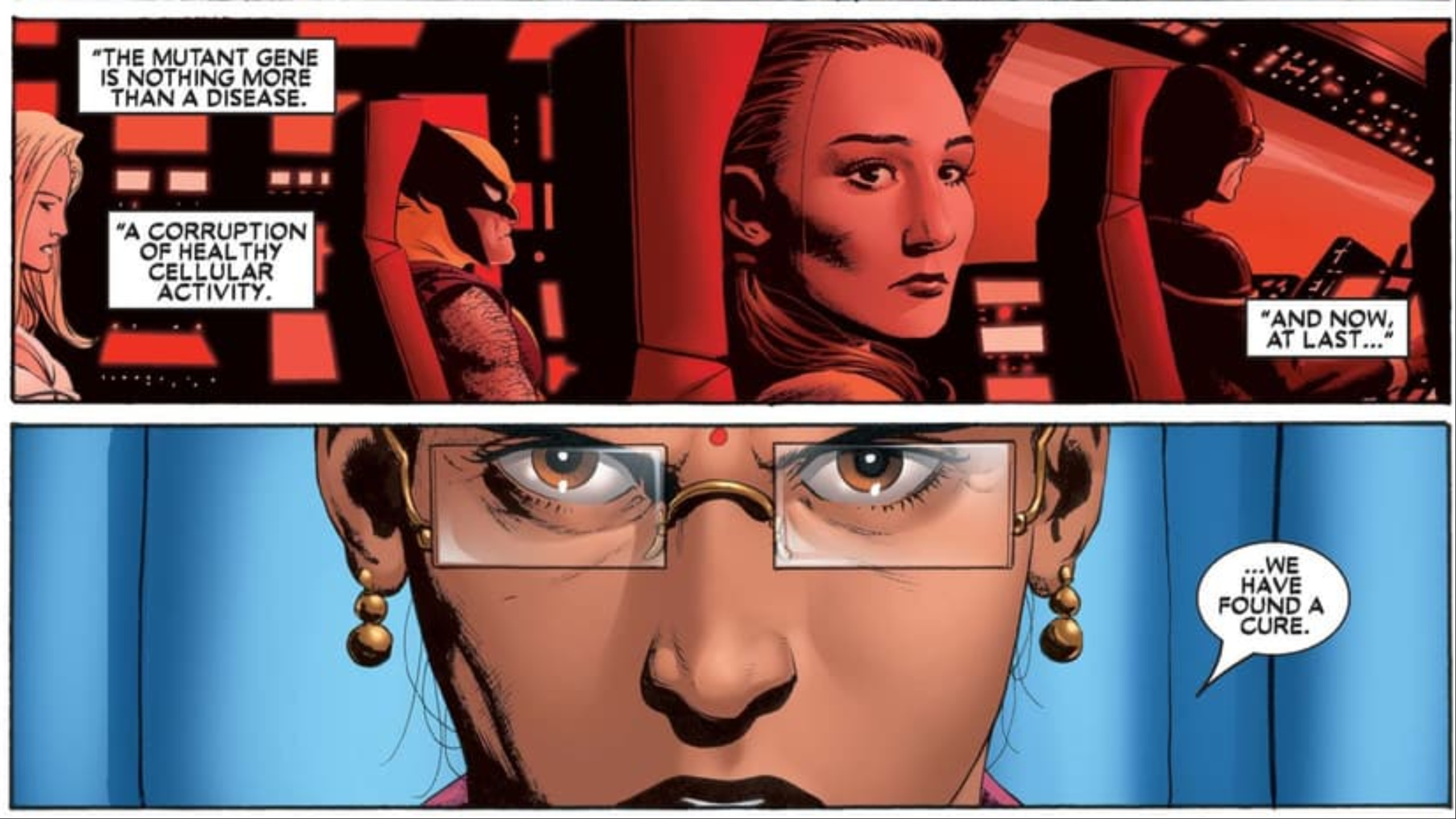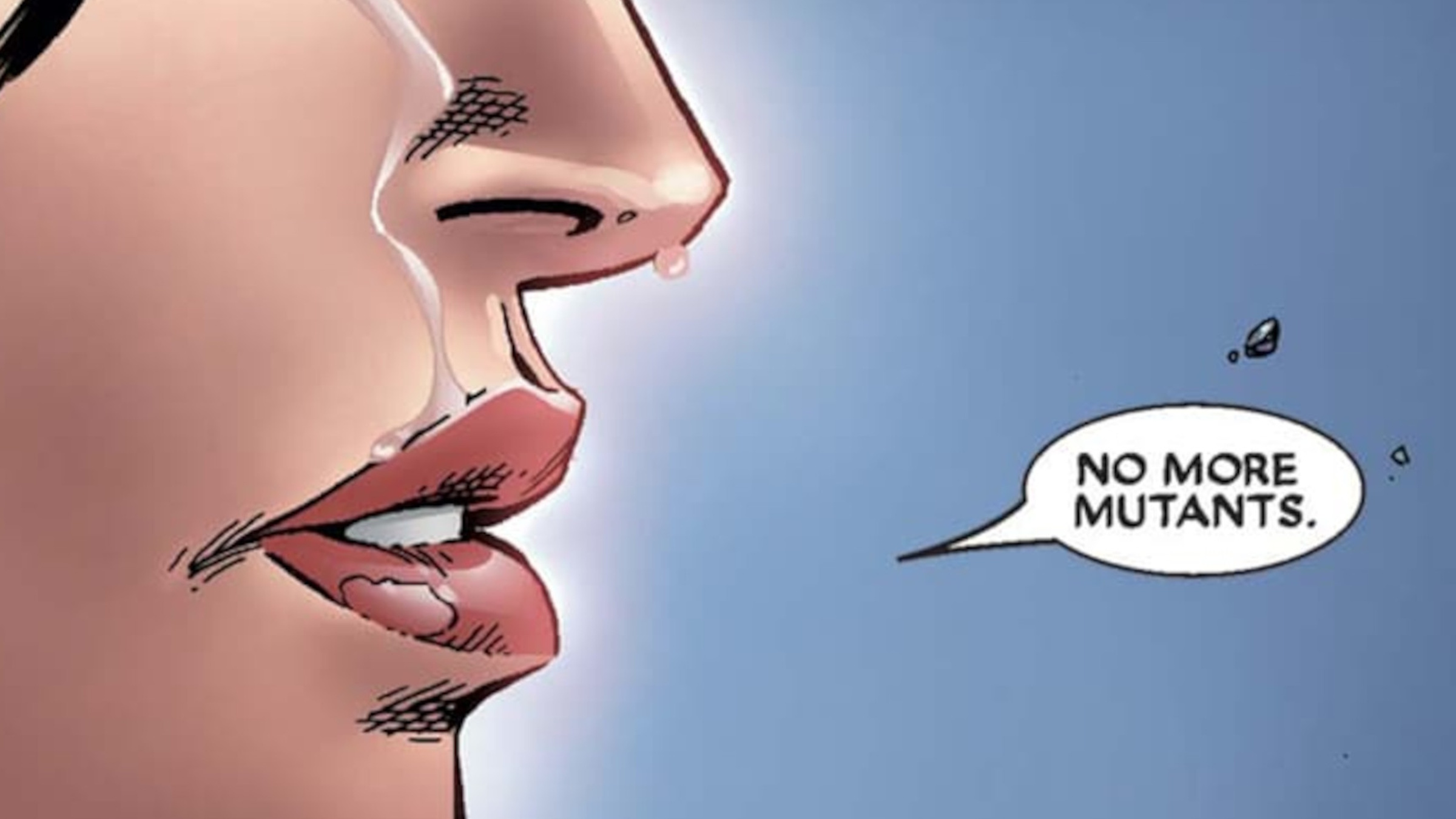
The X-Men are a hugely popular and important part of Marvel Comics, driving many of its biggest stories. Their enduring appeal comes from the idea that mutants represent people who are treated unfairly, allowing the comics to explore important social issues like racism, prejudice, and immigration. This relatable theme has kept readers engaged for over 60 years. But maintaining a franchise for so long requires bold choices and significant character development. Sometimes, in an attempt to create exciting drama, Marvel has made decisions that fans haven’t liked.
Sometimes, creative decisions at Marvel Comics have hurt what makes the X-Men characters so popular or weakened the central idea that makes the series meaningful. Certain storylines have had a lasting negative impact on the franchise, representing the worst moments in X-Men history where heroes were pushed too far and the core themes of the series were severely challenged.
7) Gambit’s Betrayal

In Uncanny X-Men #350, it’s revealed that before joining the X-Men, Gambit sought out the geneticist Mister Sinister hoping to control his dangerous mutant abilities. Sinister made Gambit pay by forcing him to create and lead a team of mercenaries called the Marauders. Gambit then led this team to attack the Morlocks, an underground community of mutants, resulting in the devastating “Mutant Massacre.” Though Gambit was appalled by the violence and tried to stop it, his initial involvement meant he was still responsible for a terrible tragedy. This backstory change significantly damaged Gambit’s reputation, turning the once-likable character into someone associated with genocide. For years, this act made him appear as a traitor to many fans and fellow X-Men, forever changing how people viewed his heroic potential and casting a dark shadow over his history.
6) The Mutant Cure

As a huge X-Men fan, I’ve always found the idea of a ‘mutant cure’ really tricky. It’s something Joss Whedon explored brilliantly in Astonishing X-Men, where a scientist created a serum to remove the X-gene, letting mutants become human. While it created some amazing drama – especially for mutants whose powers were actually a burden – I think the whole concept misses the point. The X-Men have always been a powerful metaphor for things like race or sexuality, and those aren’t diseases you fix. If you treat mutation like an illness that can be cured, it totally weakens the message of acceptance and pride that the X-Men are all about. It reduces who they are to just a biological problem. It feels like it goes against everything Professor X believes in about humans and mutants living together. But honestly, even the way Whedon’s story played out – with the X-Men trying to destroy the cure – was controversial. It felt wrong for them to decide for everyone else, taking away a mutant’s right to choose for themselves.
5) Professor X Becomes a Villain

Charles Xavier is usually seen as a hopeful, though imperfect, leader. However, the 2006 story X-Men: Deadly Genesis presented him as much more ruthless. It revealed that before assembling the well-known X-Men team, Xavier secretly sent a group of younger mutants on the same dangerous mission. This first team was believed to have died, and Xavier covered up the failure to protect his image. He used his mental powers to erase the memories of Cyclops and anyone else who knew what had happened. This major change to Xavier’s backstory transformed him from a caring teacher into someone willing to manipulate and sacrifice others – even children – to achieve his goals. It cast a shadow over the debut of the iconic Giant-Size X-Men #1 and has since shaped his character as a more villainous figure.
4) The Extermination Event

The 2018 storyline, Extermination, aimed to finally resolve the complicated plot involving the original five X-Men, who had been displaced in time and were living in the present. The story followed a younger Cable as he attempted to send these teenage mutants back to their own time, hoping to repair the damaged timeline. However, the series received a lot of criticism for its confusing plot and harshness. Many fans were upset by the unnecessary death of the original Cable, which felt like a forced way to raise the stakes. Overall, the event seemed like a cruel and pointless ending to a story that had already gone on too long, and it’s considered a low point for the X-Men franchise during that period.
3) The War Against the Inhumans

During the mid-2010s, Marvel Comics tried to push the Inhumans as a replacement for the X-Men, mainly because of issues with the movie rights. This strategy reached its peak with the 2016 storyline Inhumans vs. X-Men. The story revolved around a substance called the Terrigen Mists, which gave Inhumans their powers, suddenly becoming poisonous to mutants. This created a conflict between the two teams, fighting for their survival. However, fans strongly disliked the storyline, seeing it as a clear attempt to diminish the X-Men’s importance. It portrayed the X-Men as simply reacting to events and struggling against characters readers weren’t interested in, all driven by a business decision.
2) Scarlet Witch Is Not a Mutant

For years, Scarlet Witch and Quicksilver were known as the mutant children of Magneto, creating some of the most memorable storylines in Marvel comics. But in 2014, the storyline AXIS changed their origins, revealing they weren’t mutants at all, but were created through genetic experiments by the High Evolutionary. Many believe this was done to better match the characters to the Marvel movies, as the film rights were shared with Fox and couldn’t explicitly show their mutant backgrounds. This change felt like a mistake, wiping away a well-developed history simply to coordinate with the movie universe.
1) “No More Mutants”

The most significant and damaging event in X-Men history happened at the end of the 2005 story arc, House of M. After creating a world where mutants were the most powerful group, the Scarlet Witch, struggling with mental health, reset reality with the words, “No more mutants.” This single act removed powers from over 90% of the world’s mutant population, leaving them close to extinction – an event known as the Decimation. This dramatically changed the X-Men’s story, focusing it on simply trying to survive. It removed the hope and positive outlook that had always been central to the school’s purpose, effectively turning mutants into a group constantly facing hardship. Though initially seeming like a bold move, the Decimation ultimately harmed the franchise, and it took the X-Men over ten years to start to recover.
What other Marvel choices would you include? Share your thoughts in the comments and join the discussion on the ComicBook Forum!
https://comicbook.com/comics/news/10-best-x-men-rosters-marvel-comics/embed/#
Read More
- Sony Removes Resident Evil Copy Ebola Village Trailer from YouTube
- Best Controller Settings for ARC Raiders
- Ashes of Creation Rogue Guide for Beginners
- Can You Visit Casino Sites While Using a VPN?
- One Piece Just Confirmed Elbaph’s Next King, And He Will Be Even Better Than Harald
- Crunchyroll Confirms Packed Dub Lineup for January 2026
- The Night Manager season 2 episode 3 first-look clip sees steamy tension between Jonathan Pine and a new love interest
- Michael B. Jordan Almost Changed His Name Due to NBA’s Michael Jordan
- Lies of P 2 Team is “Fully Focused” on Development, But NEOWIZ Isn’t Sharing Specifics
- 40 Inspiring Optimus Prime Quotes
2025-11-02 18:21